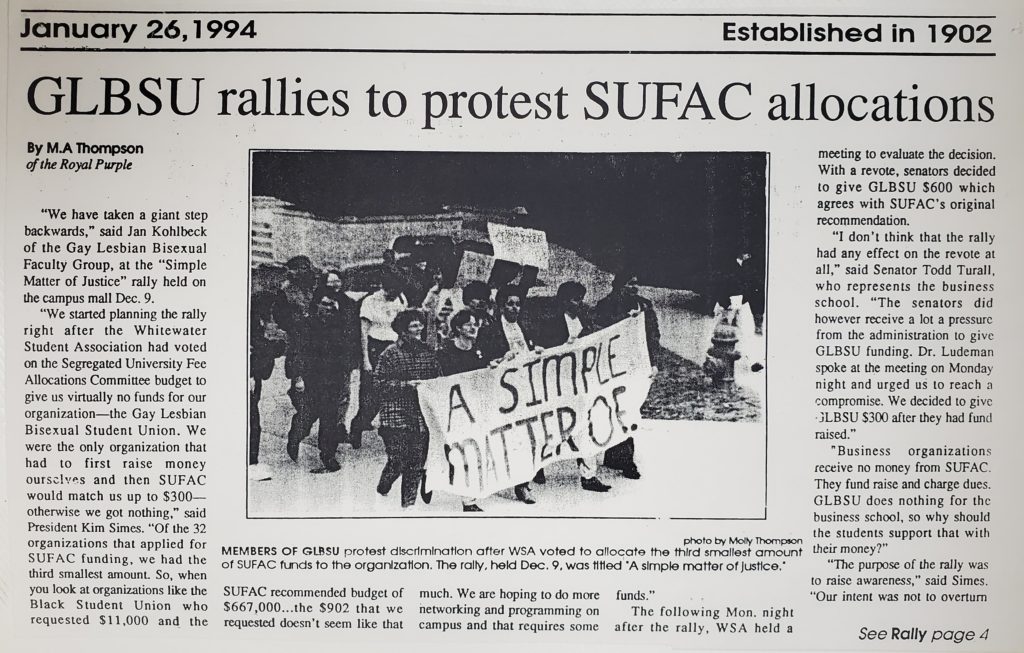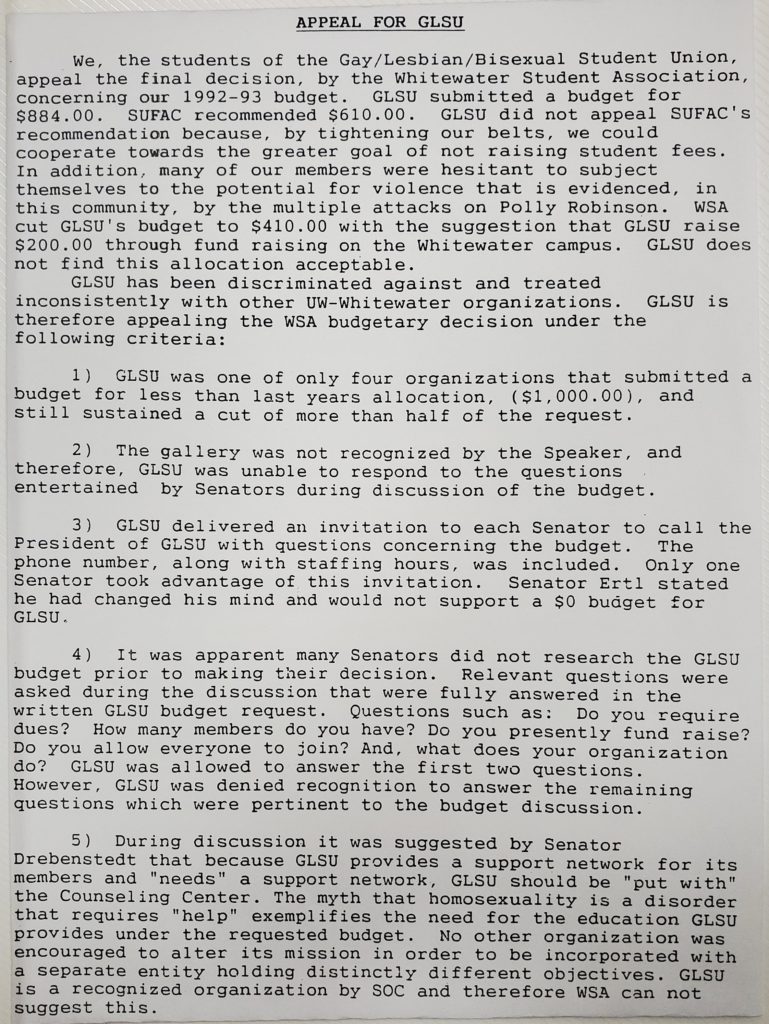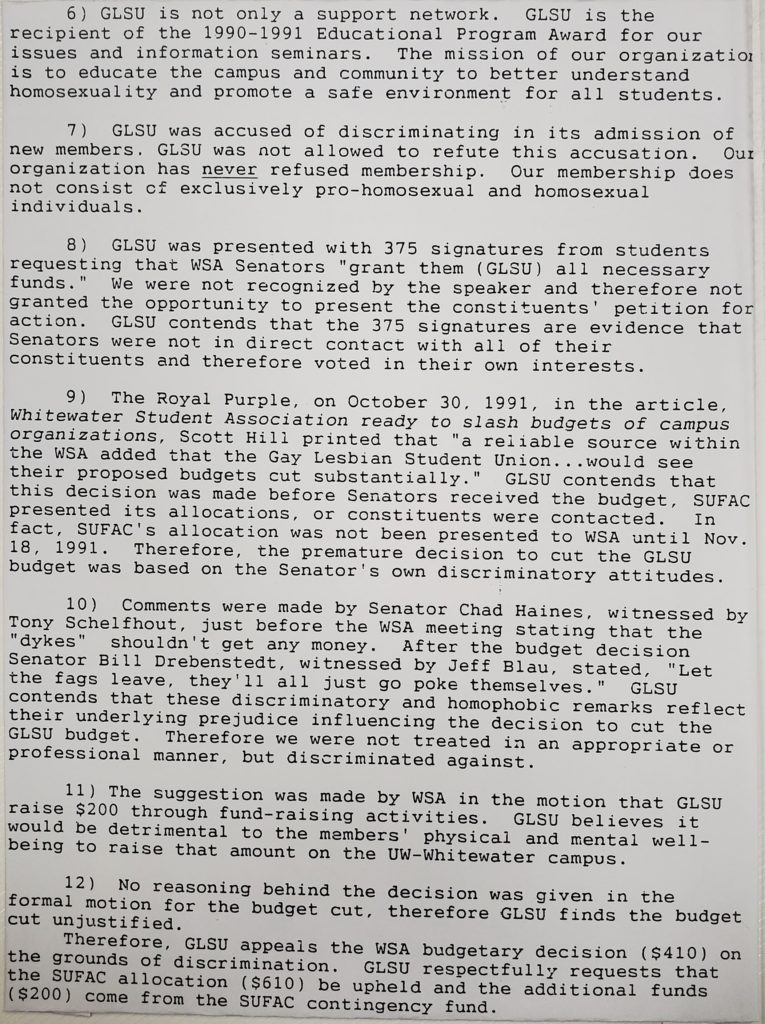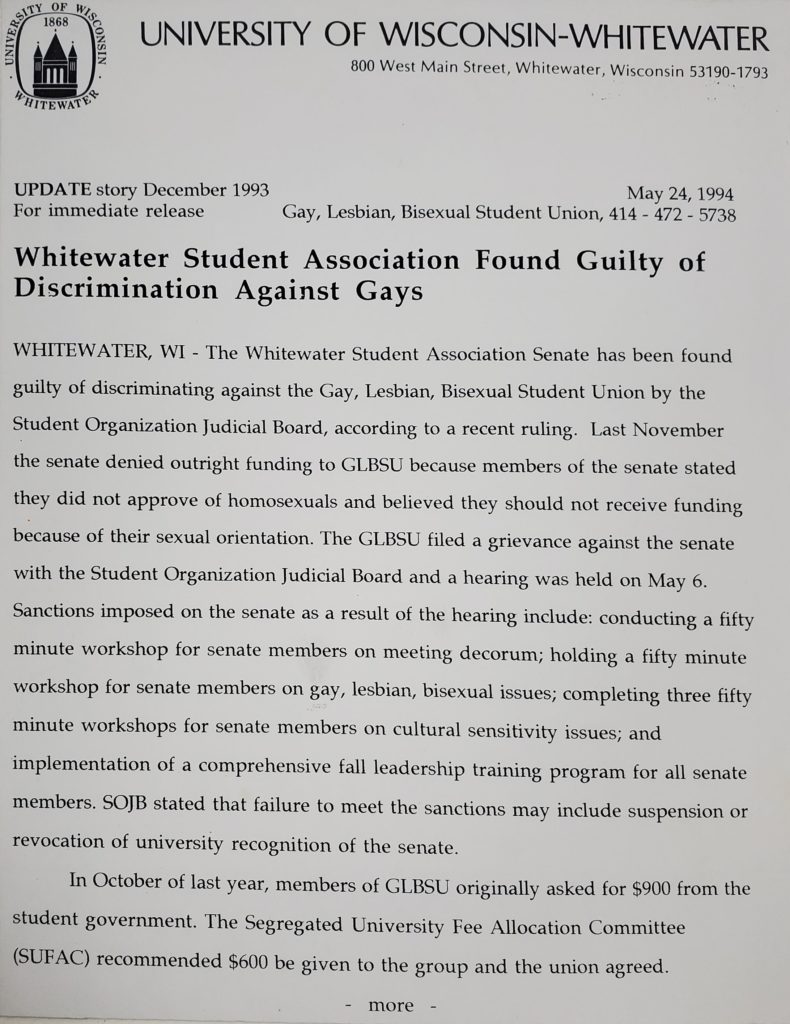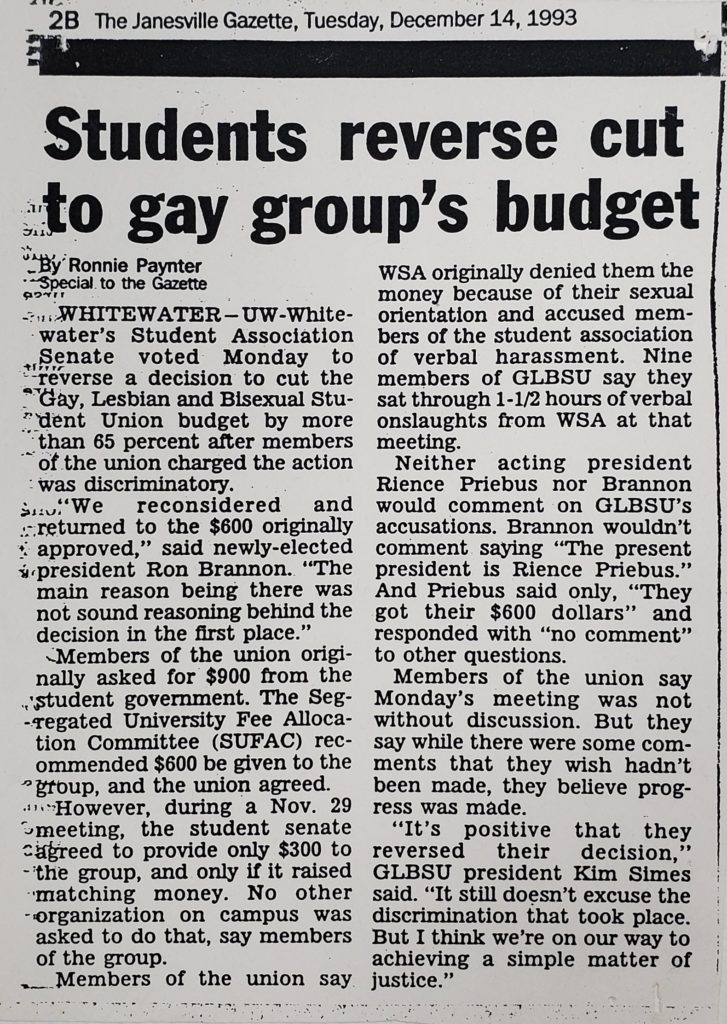For several years, the lives of LGBTQ individuals have been debated upon, both in social discourses as well as within political realms. Many hold the idea that America has grown to be more progressive in 2022, but the debates and proposed anti-LGBTQ bills would suggest otherwise. In a recent article by NBC, it has been reported that the number of these negative bills has increased dramatically from 41 in 2018 to over 200 bills in just the first three months of 2022.
With any controversial issue, there are two sides to these proposed bills. One side of this debate, advocates for these bills claim that they are meant to protect children within schools, or to protect parental rights and religious freedoms. On the other side of this coin, both queer individuals and allies propose that these bills are inherently discriminatory and against the LGBTQ community, many of which are particularly aimed at transgender individuals.
As people identifying as queer face an onslaught of bills that invalidate their identities and further put them in danger, college campuses may face similar action. Particularly on rural campuses nationwide, queer students continue to face harassment and discrimination.
According to Ashley Strickland, who was a candidate for a degree of Doctor of Education, “university students attending college in states with progressive, inclusive LGBTQ+ state policies are more likely to cultivate a positive self-image when compared to students in states with over anti-LGBTQ+ laws.”
A website titled lgbtmap.org breaks down policies and laws that revolve around the LGBTQ community. This website looks at national mapping of the United States as well as provides individual states’ information. These policies in place inhibit the lives of LGBTQ individuals. The site tallies up the policies located in each state in two different categories. These categories are a sexual orientation policy tally and the gender identity policy tally.
Tallies are decided by looking at whether a state holds legislation, either a law or policy, regarding discrimination or harassment. Wisconsin’s sexual orientation tally falls within a “medium” rating, whereas gender identity is in a “low” category. This ultimately means that Wisconsin holds more protections for individuals who have sexual orientations other than heterosexual, but those transgender individuals have very limited protections.
These laws and policies may give opposing sides an excuse for harassment and discrimination against queer individuals, particularly those who live on rural college campuses. Strickland shares that “due to intimidation on college campuses, half of all students, faculty, and staff hide their sexual identity.” Remaining in the closet may be a safer option than being openly out.
In an article titled “Victimization and Resilience: Experiences of Rural LGBTQ+ Youth Across Multiple Contexts”, authors Wike, Bouchard, Kemmerer and Yabar examined queer experiences among family and social areas. Queer participants illustrated the “interpersonal victimization experiences across contexts, including peers and school, family, rural community, and online. They indicated verbal bullying, threats of physical harm, identity-based harassment, microaggressions, and cyberbullying—especially related to gender-identity—as part of their stories of identifying as LGBTQ+ in a rural area.”
So how does this relate back to Whitewater’s campus? The University of Wisconsin-Whitewater is a predominantly white institution, holding many conservative ideals. Through these conservative views, LGBTQ+ college students are at higher risk for discrimination and harassment. Queer students on Whitewater’s campus have a long historied past. Archives of media coverage from the Royal Purple conveys a concerning past for LGBTQ+ students on the campus.
The archives of the Gay Lesbian Bisexual Student Union (GLBSU) begin in 1993, at a time when the queer community was openly discriminated against. Newspaper clippings included bodily harm against members, as well as less overt discrimination seen within the budgeting of the student organization.
Several articles detail the refusal to provide funds to the GLBSU, later to become known as current student organization IMPACT: LGBTQ+ and Allies. In 1991, the SUFAC process cut the organization’s budget from $590 to $410, while groups like the Black Student Union and Gospel Choir received $7,835 and $6,868, respectively.
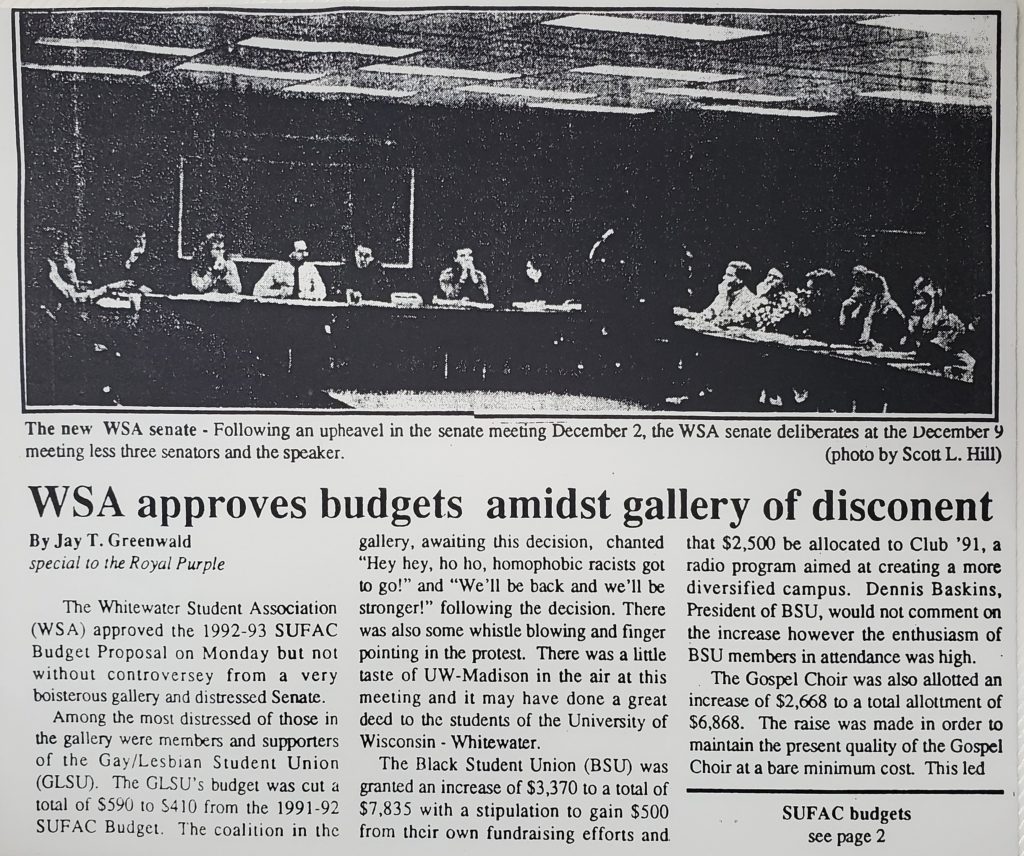
Following this budget decrease, the GLBSU started a petition against the SUFAC process, earning signatures from students in support. This student advocacy ultimately led to the Whitewater Student Association, now known as the Whitewater Student Government, being found guilty of discrimination
The removal of monetary support from marginalized groups further agitates the inequities present within society. In an attempt to bring these exclusionary practices to light, the GLBSU filed a discrimination suit against SUFAC and its budgeting process. The student organization defended itself and demanded to take up space and won the suit against SUFAC.
While this form of discrimination lies in the background, also present in the archives are more overt forms of injustice. Observable to the naked eye were forms of violence against members of the GLBSU. Two such instances were recorded within the archives of the student group. One student, a photo editor at the Royal Purple, received threats on her car for opposing the paper’s stand against LGBTQ students. Her support of queer students created a target on her back, leading to two separate attacks, one leaving her hospitalized.
In addition to students being attacked when walking to their cars, many were also sent death threats. In one instance, a man left threats on the voicemail of the student org. These threats led to another case against a local man who was ultimately charged with a hate crime. Hate crime cases are notoriously difficult to persecute. According to Vox.com, persecutors must first make proof of the crime and then prove its intention of hate. Winning this case was instrumental in the GLBSU’s power over their own space.
It is no secret that within the LGBTQ community, there has been a history of being silenced. This silencing not only occurred in the 1990s but continues today through repeated budget cuts and harassment on campus today.
Students on this campus have shared experiences and expressed concerns, most recently in a meeting with the student organization Impact: LGBTQ + Allies and four members of the Chancellor’s Cabinet.
This meeting with the cabinet incited further advocacy from queer students, opening their hearts while discussing Pride Center budgeting and verbal harassment experienced from other students. Orin Smith, an emerging student leader in the Pride Center, spoke on their experiences since coming to campus in September. Their words prompted emotion throughout the room, bringing tears and hugs forward.
Orin spoke on harassment experienced and their tendency to intentionally drink less water to avoid having to use the restrooms on campus. Below is Orin’s full speech on student safety concerns on Whitewater’s campus.
Orin isn’t alone in vaer experiences on Whitewater’s campus. Rather, students find these experiences across campus. From being barked at, verbally assaulted in dorm elevators, and dismissed as knowledgeable on Pride Center budgets, queer students across campus have grown tired of fighting for their existence.
Student and resident assistant Alex Koon spoke on the repeatable actions of cutting marginalized groups funding. When creating a petition that closely resembles the one from 30 years prior, Alex was told by an individual in power of Whitewater Student Government that they did not create this petition. The action here closely resembles Whitewater’s previous governing body, Whitewater Student Association.

